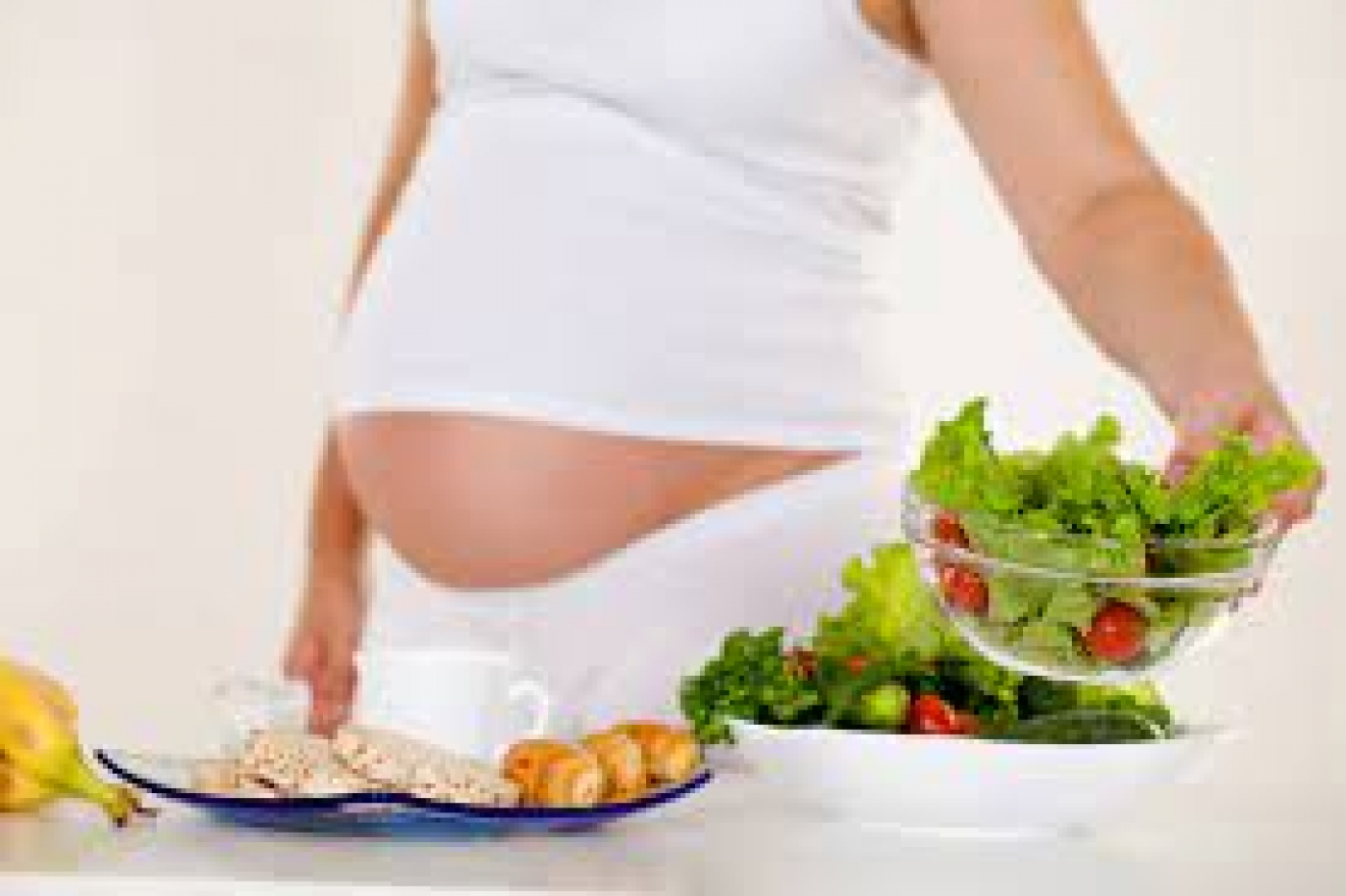The physicians who spoke during separate interviews with PUNCH Healthwise, noted that a diet lacking in key nutrients such as iodine, iron, folate, calcium and zinc, can cause anaemia, pre-eclampsia, haemorrhage and death in pregnancy.
Speaking with our correspondent, a consultant obstetrician and gynaecologist at Epe General Hospital, Lagos, Dr. Cynthia Okafor, said diet lacking in essential nutrients could also lead to stillbirth, low birth weight, wasting and developmental delays in children.
According to her, good diet and access to healthcare services are essential during pregnancy.
Okafor stated that women have different nutritional requirements throughout their life, especially before and during pregnancy.
“Nutrition is also required during breastfeeding, when nutritional vulnerability is greatest.
” Poor diet will not only lead to anaemia, pre-eclampsia and sometimes death when poorly managed, but also makes it more challenging for mothers to replenish their nutrients and meet their additional dietary needs during breastfeeding”, she said.
According to the World Health Organisation,anaemia is a major public health concern, mainly affecting young children, pregnant and postpartum women, and menstruating adolescent girls and women.
The global health body says low- and lower-middle income countries bear the greatest burden of anaemia, particularly affecting populations living in rural settings, in poorer households and who have received no formal education.
The United Nations health agency noted that globally, an estimated 40 percent of all children aged six to 59 months, 37 percent of pregnant women and 30 percent of women 15–49 years of age are affected by anaemia.
“During pregnancy, anaemia has been associated with poor maternal and birth outcomes, including premature birth, low birth weight and maternal mortality.
“In addition to the health consequences, anaemia can have important financial impacts for individuals, families, communities and countries”, WHO said.
Continuing, Okafor warned that pre-eclampsia also known as hypertension in pregnancy could damage vital organs of the body such as the liver and kidneys.
The gynaecologist described pre-eclampsia as a serious and potentially deadly disease and the second top cause of deaths related to pregnancy and childbirth globally.
“The exact cause of pre-eclampsia is unclear, but researchers said it occurs through abnormal development of the placenta, which is the interface between the growing baby and the mother in the womb.
“The placenta helps to transfer nutrients, oxygen and waste between the mother and the foetus . Nutrition has important roles to play in the development of the placenta and certain vitamins and minerals have been helpful.”
Another consultant obstetrician and gynaecologist , Dr. Joseph Akinde, also affirmed the risk of poor nutrition in pregnancy, stressing that inadequate nutrition in pregnancy is a serious public health concern in Nigeria.
Akinde, who is a former Chairman of the Society of Gynaecology and Obstetrics of Nigeria , Lagos State chapter, said, “If a pregnant woman is not getting enough nutrients, the baby will extract what it needs for growth, such that the woman will be at risk.
“The woman may become anaemic. She may have her baby, but she might lose her life because of inadequate blood in her system.”
Data from the United Nations Children’s Fund indicate that before pregnancy, women need nutritious and safe diets to establish sufficient reserves for pregnancy.
It stated that during pregnancy and breastfeeding, energy and nutrient needs increase and meeting them is critical for women’s health and that of their child in the womb and throughout early childhood.
“The nutritional status of women in this part of the world is unacceptably poor, especially adolescents and those who are nutritionally at-risk.
“Women in this category are not receiving the nutrition services they need to be healthy and give their babies the best chance to survive, grow and develop.
“Women’s diets in many countries contain limited fruits, vegetables, dairy, fish and meat, which affect them adversely during pregnancy and a birth,” UNICEF added.
source: healthwise.com







